|
It’s crazy to think that a man from Indiana that usually walked around in white t-shirts, jeans, and no shoes became one of the greatest contemporary Christian artist of all time. It’s also incredible that his legacy has left such a huge impression on Christian music as we know it today, even 18 years after his death. Rich Mullins was a unique man with honest music and a reckless faith. He wrote several songs that are still all-time Christian hits, including Awesome God and Sometimes by Step. His life inspired the 2014 film, Ragamuffin.
This movie is not your typical “Christian movie.” In fact, the filmmakers avoided using this term about the film. They explained that a movie can’t “be baptized and follow Christ,” but you can make movies about Christians. This movie is just that. It’s a movie about a Christian, a Christian that has struggles that many of us have. Here are a few things that I observed from this portrayal of Rich Mullins’ life.
Having An Estranged Father, Brokenness, and Loneliness Had Lifelong Consequences
Mullins had a difficult childhood. His father was a farmer, and although he was the oldest boy, Rich (who went by his middle name Wayne as a child) was not suited for life on the farm. He was constantly making mistakes while working on the farm that drove his father crazy and drove a wedge further between them. His father was incapable of expressing his love toward Rich because he couldn't understand his musical proficiency and lack of ability in farming. This resulted in tension in their relationship that never healed in his father’s lifetime and had repercussions throughout the rest of Rich’s life. Rich struggled with being different and feeling inadequate. He had a lot of anger and bitterness, not just toward his father, but toward those in authority, especially when he didn't agree with them. He struggled with feeling alone, which sometimes drove those who were close to him away. When Rich finally found a man to be a fatherly mentor to him (Morris Howard), he passed away not very long after Rich moved to be close to him, which left Rich even more hurt and confused.
Because of the bad relationship he had with his father, Rich had so much personal brokenness, he didn't know what to do with it. It wasn't until the end of film when he goes on a personal retreat with his mentor Brennan Manning that Rich really has the opportunity to forgive his father and to start the healing process, and that healing process was inevitably cut short when his life ended not long after. Before this retreat, he repressed a lot of his hurt and it had major consequences. It’s an important reminder that when we as Christian recognize those kind of problems in our lives, we should do what we can to deal with them, not bottle them up.
No One’s Perfect, Especially Christians
Because of his personal struggles, Rich struggle his whole life with loneliness. He never felt like he fit it, as much as he desperately wanted to fit it, which isolated him even when he was around people. As a result, he tried to fill that loneliness with earthly solutions that didn't work. He struggled with alcoholism and smoking, which is portrayed honestly in the film. He tried to fill that void with relationships, first with dating relationships, then with friendships. All of them failed to fill the void in his life. It was not until the previous mentioned retreat that Rich began to understand that God was the only one that could fill that loneliness. This is a powerful reminder for all of us that worldly pursuits cannot fill our loneliness. Only the love of the Lord can do that.
Probably the most powerful lesson portrayed in the film Ragamuffin is the reminder that no one is perfect. Rich Mullins was definitely not a picture perfect Christian. There are half a dozen scenes of him drinking and about nine scenes of him smoking. Because his father cursed, he also sometimes struggled with cussing. (Between him and his father, the word d---n is used about a dozen times, p--s is used once, and hell is used twice in a swearing context) When Rich finds out the girl he was in love with is engaged to someone else, he smashes the glass of the phone booth where he called her. When he shows up drunk to Morris’ funeral, Sam (Morris' son and Rich's friend) gets so frustrated with Rich that when he tried to confront Rich outside about it, Sam pushes him against the wall. Rich often disrespected authority. He would get mad when he didn't like the way things were going. He had a very difficult time coping with change.
Some have been shocked that this content is portrayed in a “Christian film,” but as I said earlier, this is not a traditional movie in this category. The filmmakers painted the struggles of Rich’s life in an honest way on purpose and to great effect. This also is a reminder of what the concept of being a ragamuffin is all about. When Rich meets Brennan Manning, Brennan tells Rich that a ragamuffin is a beggar at the door of God’s mercy, and one that fully acknowledges their brokenness before God. That's an important lesson for all of us. We need to be aware of our own inefficiencies before God so that we can acknowledge that we are not capable of getting into heaven by our works. It was important for them to show the imperfections of Rich’s life in order for this truth to shine through. It really challenged me to think about what it means to live out my faith in the knowledge of God’s grace, not my own works.
The Church Of Rich’s Generation Struggled With Legalism Over God’s Grace
One of significant points of the film that was somewhat disappointing to me was the way that churches and evangelical preachers of the time were portrayed. They all focused way too much on the rules and legalism of the Bible and not enough on God’s grace and forgiveness. The preachers in the film (except Brennan Manning) are all portrayed as “Bible thumpers” who didn't really understand the power of God’s grace as demonstrated through Jesus’ sacrifice on the cross. They instead focused way too much on the rules of the Bible, and not enough on demonstrating grace or helping the poor.
Now I was not alive for most of the time period of the film (I was born in 1990) and I was too little to really remember the rest of it, but I don’t think that all the churches and preachers of that time were like that. That was definitely Rich’s perception of them, but I don’t think they were all that ignorant of the truth of God’s grace and hardened by legalism and hypocrisy. It’s really rather narrow-minded to assume that there were, but I guess that was part of Rich’s personal struggle. I believe that we need to be careful when we get harshly critical of our brothers and sisters in Christ in front of the unbelieving world (like in a film), because it’s that kind of judgment that non-Christians are afraid you will pass on them and turns them off to our faith. We are supposed to use judgment in accountability within the context of the body of Christ, but we must use this privilege with caution and for the purpose of edification. I think that is the spirit with which it is done in the film, but it is still wise to use caution when using this method to illustrate a point. Rich’s Life Was Whirlwind
This film attempts to cover most of Rich’s life, focusing primarily on the 14 year timeframe of his music career. His life took him from Indiana where he grew up, to Cincinnati for college, then Nashville to start his career, Wichita for a time, and eventually he ended up moving onto an Indian reservation in Arizona to teach the children music. There was so much that happened in the 41 years of his life. However, because of the limitations of time, there were many parts of Rich’s life that were condensed or even omitted.
The girl he dates in the movie (named Jess) represents one of three women Rich dated in his young adult life, one to which he was engaged, but she called it off (The film only mentions Jess’ engagement to someone else). The character of Sam Howard was exaggerated for the film, so that people would have a better connection with his father when he died (Sam was never Rich’s roommate). The character of Justin (Rich’s touring friend) is a representation of several guys that toured with Rich. One of the most obvious omissions from Rich’s life was his friend David Strasser, also known as Beaker. Beaker was one of Rich’s best friends and collaborated with him often in the later part of Rich’s career. Because of Beaker's absence, there were also several of the songs they collaborated on that did not make it into the film (like Sometimes by Step). There is also only one passing reference to his Ragamuffin Band on a sign. Conclusion
This film does a great job of portraying the life and legacy of Rich Mullins. His brother Dave Mullins was one of the producers on the film, and I think it really shows. However, because of the language, drinking, and the PG-13 rating, I would only recommend the movie for children about 12 and up. For children younger than 12, use parental discretion about viewing it.
Although I did know some about Rich Mullins prior to seeing this film, I learned so much in this portrayal that really opened my eyes to not only the points I mentioned here, but also the way that his story has impacted the next generation of Christians and Christian artists as they pursue a faith that’s as genuine and reckless as his. I encourage all of you to watch this movie if you haven’t (available on Netflix and many video retails) and to remember God’s grace as you shape your life in response it. [If you want to read more about Rich's life and how he personally inspired me, click here]
Content Ratings
1 Comment
9/10/2018 08:51:02 pm
Before anything else, I want you to know that this is a nice review! I am happy to see that you made a review of one of my favorite films here, Ragamuffin! I may be old already, but my preference when it comes to movies stayed the same. I never thought I would be emotionally invested to these k characters. But I am loving it! It was a good thing knowing that we have the same perspective when it comes to this movie.
Reply
Your comment will be posted after it is approved.
Leave a Reply. |
Lion's Eyes Reviews is a blog dedicated to reviews of Christian books, most of which are non-fiction, but may also occasionally review movies and musicals. It will also feature the work Bethel does to help launch and promote the works of Christian authors.
The name is derived from one of Bethel's favorite books, Through the Eyes of a Lion by Levi Lusko. Through these reviews, Bethel hope to give Christians the tools they need to look at the world "through the eyes of a lion" so they can find the courage to "run toward the roar". To find the detailed archives of these reviews, you can check them out here: Books In Review Movies in Review Broadway In Review Quick Reviews To understand the rating used in these reviews, click here Categories
All
Archives
May 2024
|
|
Bethel Grove is a Christian young woman who loves to read and write, eat Reese's Peanut Butter Cup Blizzards, and disciple teen girls as a youth leader. What started as a hobby of writing book reviews and doing deep biblical studies eventually led her down the path of self-publishing and helping other Christian authors launch their books. She hopes to someday be a vocational youth minister and well-known author.
Follow AUthor Bethel Grove
|
Receive This eBook for FreeSign up for Bethel's newsletter to receive monthly updates for Abiding Grace Ministries, and you will receive a copy of this exclusive eBook for free
|


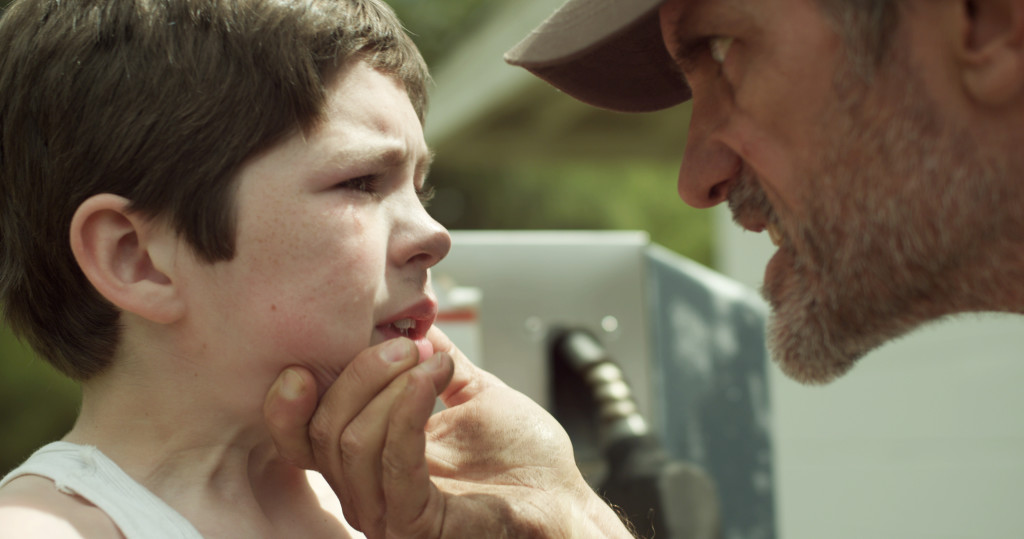
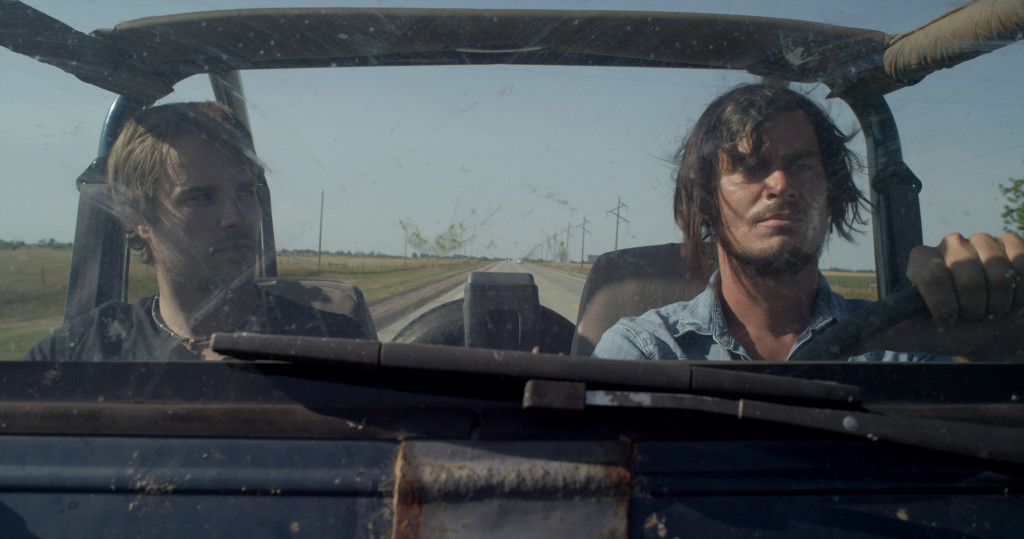
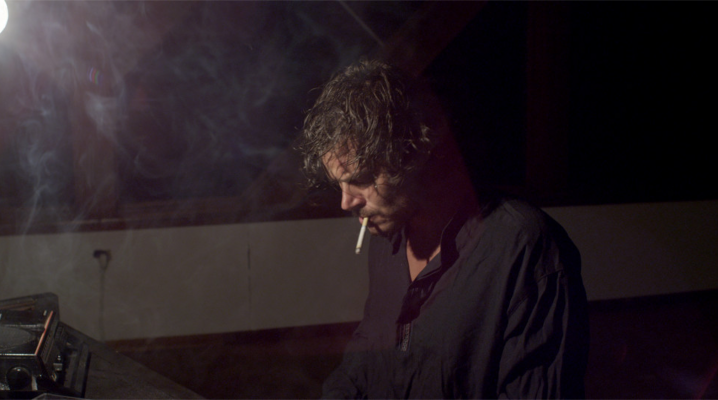

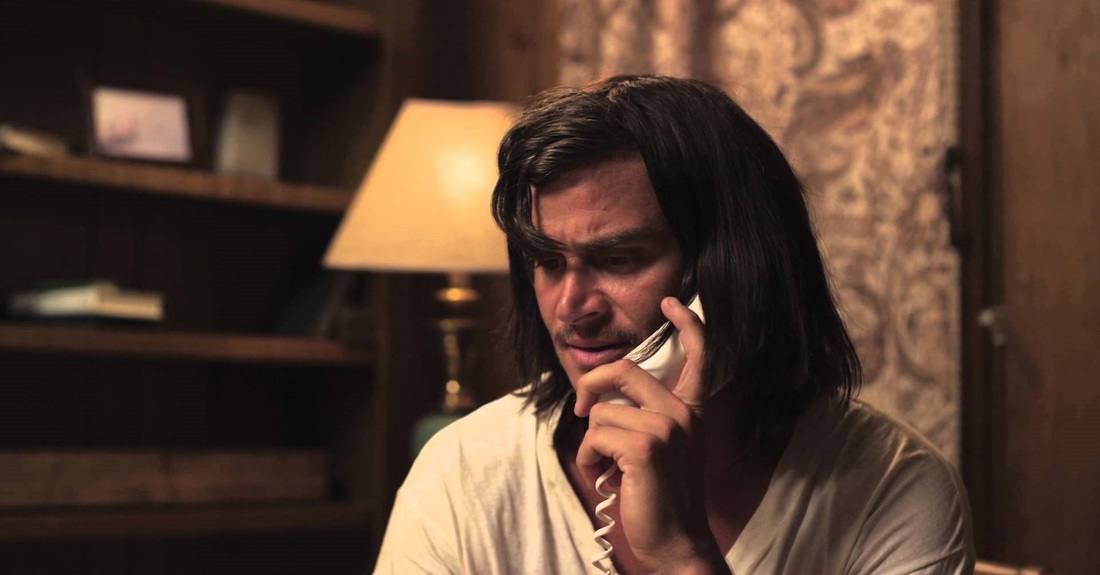










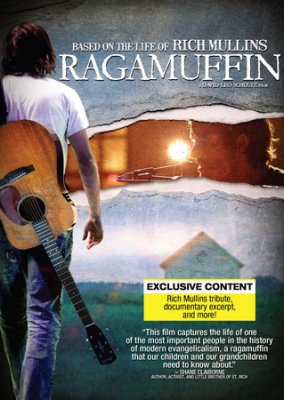


 RSS Feed
RSS Feed

